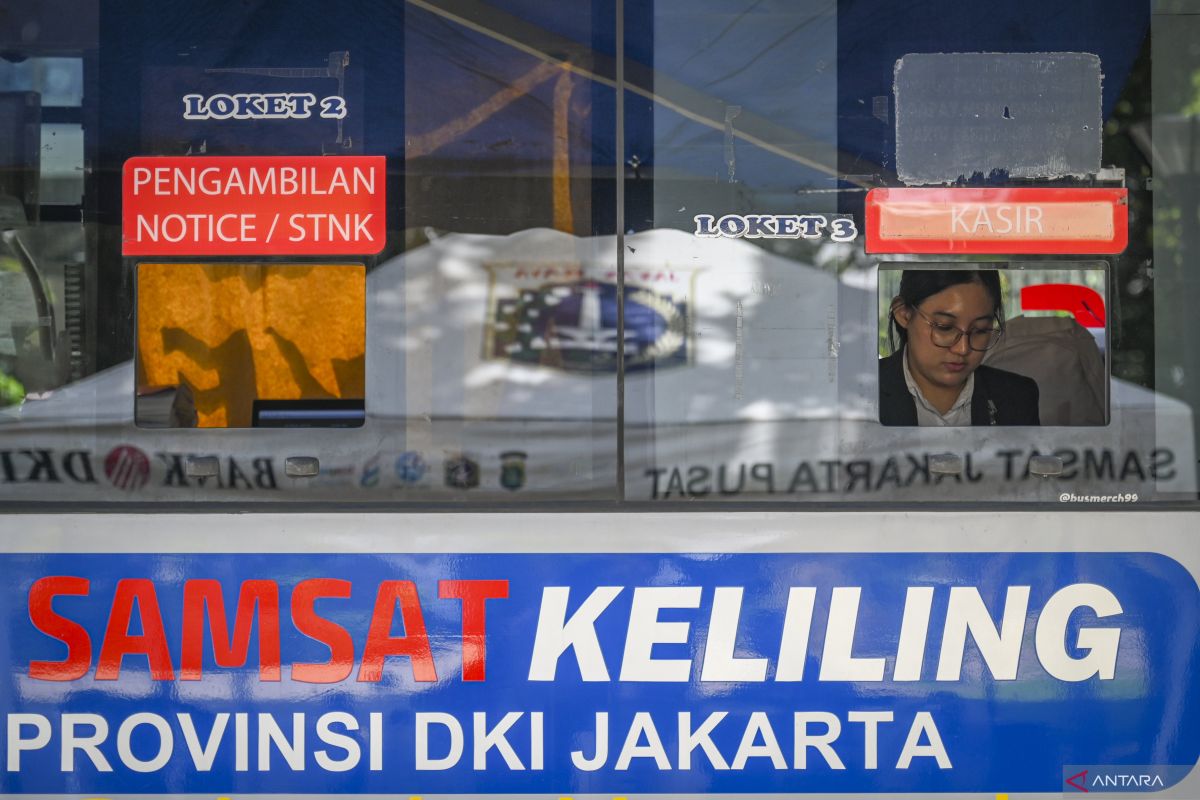Trump Officially Imposes Import Duties on Mexico, Canada, and China
U.S. President Donald Trump on Saturday ordered 25 percent tariffs on Canadian and Mexican imports and 10 percent tariffs on Chinese goods.

TEMPO.CO, Jakarta - U.S. President Donald on Saturday ordered 25 percent tariffs on Canadian and Mexican imports and 10 percent tariffs on Chinese goods. The tariffs will go into effect on Tuesday, February 5.
As reported by , Trump said the tariffs will remain in place until the national emergency over fentanyl and illegal immigration into the U.S. is over.
Canadian energy products will only be subject to a 10 percent tariff, but Mexican energy imports will be subject to the full 25 percent tariff, officials told reporters.
A White House fact sheet on the tariffs said the tariffs would remain in place "until the crisis subsides." However, the White House did not provide details on what actions the three countries would need to take to get the tariffs suspended.
The steps follow repeated threats made by Trump shortly after winning last year's presidential election.
The decision is likely to trigger retaliation and risks triggering a trade war that could cause widespread economic disruption for all countries involved.
The three countries are major U.S. trading partners, raising concerns that the tariffs could lead to higher prices.
Provincial officials and business executives in Canada reacted angrily, calling for tough tariffs on U.S. imports. A senior Mexican official said he would retaliate with retaliatory tariffs.
The tariffs will begin at midnight on Tuesday, according to Trump’s written order. But imports loaded onto ships or into their final transit mode before entering the U.S. before 12:01 a.m. on Saturday will be exempt.
Trump has declared a national emergency under the International Emergency Economic Powers Act and the National Emergencies Act to support the tariffs. That allows the president to use his powers to impose sanctions to address the crisis.
But trade lawyers say the tariffs are untested for their broad implications.
White House officials have said there will be no exceptions to the tariffs and that if Canada, Mexico or China retaliate against American exports, Trump will likely raise U.S. tariffs.
Ontario Premier Doug Ford said in a social media post that Canada “now has no choice but to retaliate and retaliate hard.”
“As Premier of Ontario, the federal government has my full support for a strong and decisive response that matches U.S. tariffs dollar for dollar,” Ford said.
Nova Scotia Premier Tim Houston said he was directing that all alcohol imported from the U.S. be removed from store shelves in the Canadian province.
Canadian Prime Minister Justin Trudeau, who has previously threatened strong retaliation if Trump imposes tariffs, is due to announce his next move.
Mexico’s Economy Ministry said it had no immediate comment. But a senior Mexican official told Reuters that Mexico would retaliate with tariffs.
White House officials said Canada in particular would no longer be granted a “de minimis” U.S. duty exemption for small shipments of less than $800.
Officials said Canada, along with Mexico, has become a conduit for shipments of fentanyl and its precursor chemicals to the United States, through small packages that are not frequently inspected by customs agents.
Trump, who played golf at his Mar-a-Lago estate in Florida on Saturday before signing the order, was not scheduled to speak to reporters about the tariffs.
Trump threatened the tariffs to press for tough action to stop the flow of the opiate fentanyl and its precursor chemicals into the United States from China through Mexico and Canada, and to stop illegal immigrants from crossing the U.S. border.
Less than two weeks into his second term, Trump is changing the norms of how the United States is governed and interacts with its neighbors and the wider world.
On Friday, he vowed to go ahead with the levies even as he acknowledged that they would cause disruption and hardship for American households.
A model measuring the economic impact of Trump’s tariff plan from EY Chief Economist Greg Daco suggests it would reduce U.S. growth by 1.5 percentage points this year, plunge Canada and Mexico into recession and cause “stagflation” at home.
“We have emphasized that large tariff increases against U.S. trading partners can create stagflationary shocks — negative blows to the economy combined with a boost to inflation — and also trigger financial market volatility,” Daco wrote Saturday.
That volatility was on full display Friday, when the Mexican peso and Canadian dollar both plunged after vowed to make good on his threat. U.S. stocks also fell and Treasury yields rose.
Editor's Choice:
to get the latest news updates from Tempo on Google News


















